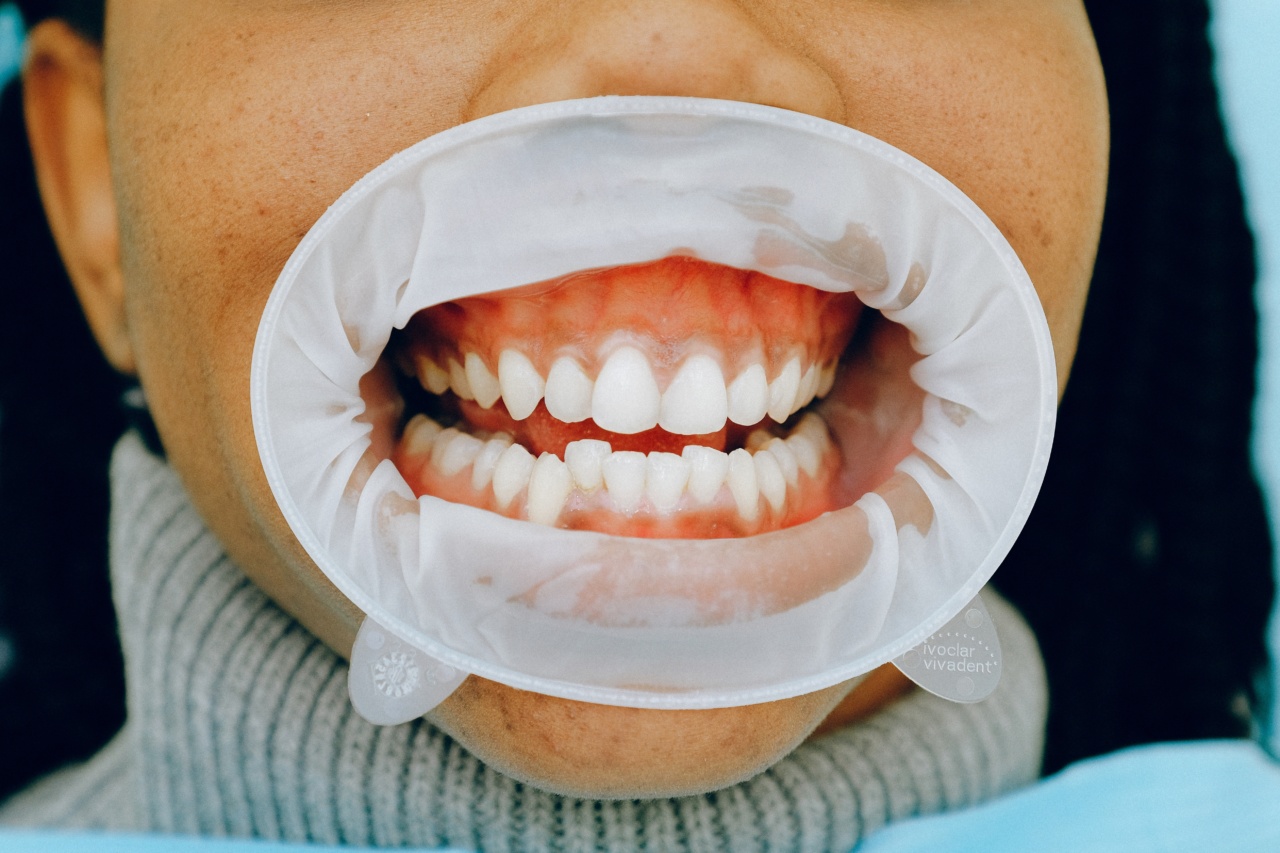Bleeding gums can be a sign of gum disease, also known as gingivitis. It is a common dental issue that affects millions of people. The good news is that bleeding gums can be easily prevented with some simple and easy tips.
In this article, we will discuss some of the best ways to prevent bleeding gums and promote oral health.
Brushing Your Teeth Properly
One of the most important things you can do to prevent bleeding gums is to brush your teeth properly. You should brush your teeth for at least two minutes, twice a day.
Make sure you brush all surfaces of your teeth, including the front, back, and chewing surfaces.
Use a toothbrush with soft bristles and replace it every three months or when the bristles become frayed. Be gentle when brushing your teeth, and avoid brushing too hard, as this can cause gum irritation and bleeding.
Flossing Daily
Flossing is another important step in preventing bleeding gums. Flossing helps to remove plaque and food particles from between your teeth and along the gumline. You should floss at least once a day, preferably before brushing your teeth at night.
To floss properly, use a piece of floss about 18 to 24 inches long. Wrap the floss around your fingers and guide it gently between your teeth, making a C shape around each tooth.
Use a clean section of floss for each tooth, and be gentle to avoid injuring your gums.
Use Mouthwash
Mouthwash can be a great addition to your daily oral care routine. It can help to kill bacteria that cause gum disease and freshen your breath.
Look for a mouthwash that is labeled as an antiseptic or antibacterial, and use it after brushing and flossing.
You can also try making your own mouthwash using natural ingredients like tea tree oil, peppermint oil, and baking soda.
Mix a few drops of essential oils and a teaspoon of baking soda into a cup of warm water, then swish it around in your mouth for about a minute before spitting it out.
Eat a Healthy Diet
What you eat can also affect your oral health. A diet high in sugary and acidic foods can contribute to gum disease and tooth decay.
To promote healthy gums, try to eat a varied diet rich in whole foods like fruits, vegetables, whole grains, and lean protein.
Certain foods like leafy greens, nuts, and dairy products are also great for your oral health. Leafy greens like spinach and kale are high in calcium, which strengthens your teeth.
Nuts like almonds and cashews are rich in protein, which helps to protect your teeth from decay. Dairy products like milk, cheese, and yogurt are also high in calcium and phosphorus, which help to remineralize your teeth and prevent decay.
Quit Smoking
Smoking is a major risk factor for gum disease and oral cancer. The chemicals in tobacco smoke can damage the gums and reduce blood flow to the mouth, making it harder for your body to fight off infections.
If you smoke, quit as soon as possible to improve your oral health and overall health.
Visit Your Dentist Regularly
Regular dental checkups are important for maintaining good oral health and preventing bleeding gums. Your dentist can identify and treat gum disease early, before it progresses to more serious stages.
During your dental checkup, your dentist will clean your teeth and gumline to remove plaque and tartar buildup. They may also take x-rays to check for any signs of tooth decay or gum disease.
Your dentist can also provide advice on proper oral care and recommend products like toothpaste, mouthwash, or dental floss to improve your oral health.
Conclusion
Bleeding gums can be a sign of gum disease, but it is a preventable condition. By following these simple tips, you can promote healthy gums and prevent bleeding gums.
Remember to brush and floss properly, use mouthwash, eat a healthy diet, quit smoking, and visit your dentist regularly for checkups and cleanings. By taking care of your oral health, you can maintain a beautiful smile and improve your overall health and wellbeing.




























